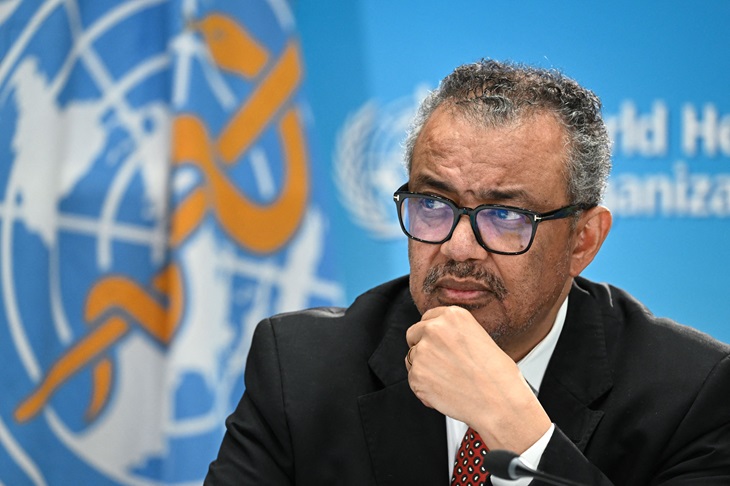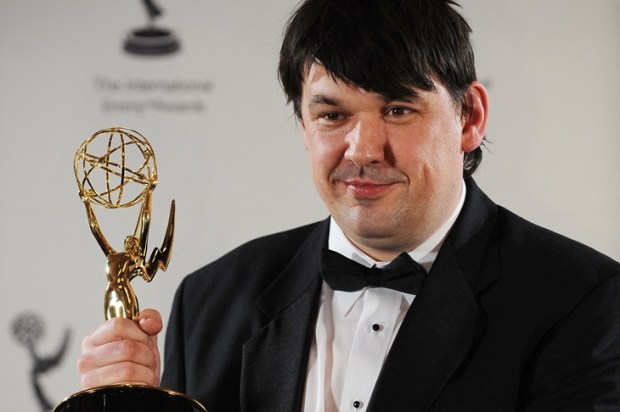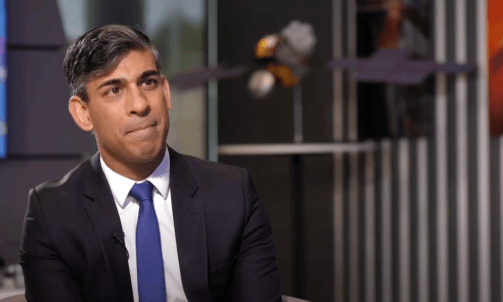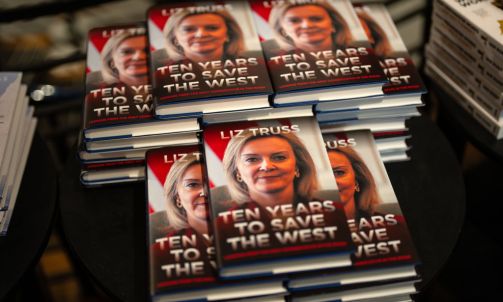For most Australians, any distant international bureaucracy seems a world away from their everyday lives. When discussing the WHO (World Health Organisation), we have discovered the need to use their full title to avoid confusion with the English rock band of that name…
The WHO that we need to be watching is an Agency of the United Nations. It currently has 194 member nations plus the Holy See and Liechtenstein.
The following address was made at Parliament House in August, as part of a series of speeches from a concerned group of doctors, lawyers, and researchers who have grave concerns about the proposed amendments to the International Health Regulations (IHR).
I represent a group of Australian volunteers committed to educating Australians, and Australian leaders, on the WHO, the amendments to the International Health Regulations and the proposed Pandemic Treaty (the latest version is dubbed the WHO Pandemic Agreement).
We have discovered this education is urgently needed. Our correspondence has revealed that among our highest ranked Ministers in charge of the relevant departments there is confusion on these concurrent changes. When their departments distribute incorrect information, as is currently published on the Parliamentary Library and Department of Health websites and has been received in written replies, it is apparent that our Parliament is not across the detail, timelines and the dangers these changes propose.
The amendments seek to change the WHO from an advisory board to a governing body whose recommendations would be mandatory and legally-binding under international law. (Article 1 and Article 42). Amendments to the IHR are adopted via a majority vote by delegates in the World Health Assembly with no further national ratification procedures required.
In light of the multiple serious errors made by the WHO, not just during the Covid period, but through many past emergencies, the idea of entrenching their control of Australians, in the event of any pandemic or perceived pandemic rings alarm bells for anyone across the detail.
The amendments also seek to give sole control to the WHO Director General.
While purporting to be ‘member led’, the WHO’s funding is over 80 per cent from voluntary contributions, with the allocation of these funds decided by those ‘donors’. The largest non-member donor was also a billion-dollar beneficiary of the erroneous decisions made by the WHO during the Covid period. It is not possible to view this as anything other than a monumental conflict of interest. When interest-driven, untested health products are mandated to the exclusion of all else it is a [potentially] deadly conflict of interest.
The ‘One Health’ concept includes the entire biosphere. Couple the term ‘One Health’ with the phrase ‘Whole/All of society’, and it is arguable that a scope of action that has no discernible boundaries has been created.
Any organisation that seeks to establish an anti-democratic monopoly over the content and flow of information while advocating a control system to ensure and monitor mass compliance should be treated with suspicion. That applies to the WHO and our Federal Government. The Communications legislation (Combatting Misinformation and Disinformation) Bill 2023 is a piece of legislation direct from the WHO playbook. (Page 36, Proposed Amendments to the International Health Regulations (2005). Submitted in accordance with decision WHA75(9) (2022)).
Expanding the powers of the WHO to ensure they and their donors detect, declare, prescribe and profit from any perceived health threat is not in the best interest of Australians.
That our democratically elected government is supporting the removal of the words ‘full respect for the dignity, human rights & fundamental freedom of persons’ is difficult to understand.
It does not and will never pass the Pub test.
The government seen as responsible for assisting the UN and WHO in further weakening our standard of living, eroding our sovereignty, and removing our freedom will not remain the Government of choice in Australia in the long term.
We have been told, repeatedly, in writing, that these amendments must be considered by 16 of our elected representatives who comprise the Joint Standing Committee on Treaties (JSCOT). Despite this, 14 months into an 18-month revision period, the first (2022) small group of amendments around shortened timeframes had not been presented to JSCOT.
They were approved by JSCOT in August 2023, with no reference to a 55,697-strong petition asking for these amendments to be voted on in Parliament. The Department of Health has not responded to that petition ignoring the official timeframe to reply.
The irony that the JSCOT Committee has signed up to respond to, make recommendations on, conduct public consultation into and organise to amend legislation as required for the 307 substantial 2023 IHRA’s in the shortened ten-month period they have approved seems to be completely lost on the Committee.
Despite the onerous and frankly frightening extent of the coming changes, there are ‘no current open inquiries into treaties before the JSCOT Committee’.
When a Minister does get around to referring these nation-changing amendments to JSCOT, we can only hope that JSCOT corrects the errors in the information provided to Australians who care to look for accurate information on government websites. The Parliamentary Library, for example, erroneously states a two-thirds majority is required for adoption when a simple majority is required and disingenuously talks about the Amendments submitted by the US not mentioning vaccine access or vaccination when the full Amendments refer to vaccine 22 times.
The Department of Health muddies the waters by reassuring us that ‘any proposed changes to Australian law to implement amendments to the International Health Regulations would have to be considered and passed by Australia’s Parliament to become legally binding in Australia’. The fact of the matter is that we are already a signatory to the IHR, and if Australia sits on our hands we will have new legal obligations to do whatever the WHO tells us to do. We will then wake up one day in 2024 to find our politicians telling us that we need to amend our State and Territory legislation so that we can are in compliance with the IHR.
Meanwhile, the United Nations has proceeded with announcing the adoption of a Political Declaration on Pandemic Prevention, Preparedness and Response Manifesto – Zero Draft (UN PPPR Manifesto), without a vote and despite the objections of eleven WHO member nations that argued due process had not been followed. This Manifesto seeks to increase WHO funding by more than five times its current annual budget for ‘pandemic preparedness’.
The WHO has responded to its own working group’s announcement that it cannot meet the deadline to submit its final draft of the 2023 IHRA’s by January 2024, in line with Article 55 of the IHR, with legal gymnastics. They are attempting to remove the member nations’ right to four months notification of the draft before its planned adoption at the World Health Assembly in May 2024.
At this stage, the Department of Health will not respond and the JSCOT Committee is not looking into these amendments that promise to remove our ‘dignity, human rights and fundamental freedoms’.
And they have bipartisan support. And Penny Wong, the Minister for Foreign Affairs who recently donated another $100 million of taxpayer money to the WHO, is unlikely to step in and stop the expansion of power for a majority corporate-funded overseas body that we, the people, did not elect.
We must say ‘no’ again.
Karen Fox is a researcher, ex-racehorse trainer and mother of three teenagers from regional NSW. She is a volunteer for Australia Exits the WHO and was a part of a recent Delegation to Canberra alongside AMPS (Australian Medical Professionals Society) representatives, legal professionals and others who gave their time to talk to Federal politicians.
Got something to add? Join the discussion and comment below.
Get 10 issues for just $10
Subscribe to The Spectator Australia today for the next 10 magazine issues, plus full online access, for just $10.


























Comments
Don't miss out
Join the conversation with other Spectator Australia readers. Subscribe to leave a comment.
SUBSCRIBEAlready a subscriber? Log in